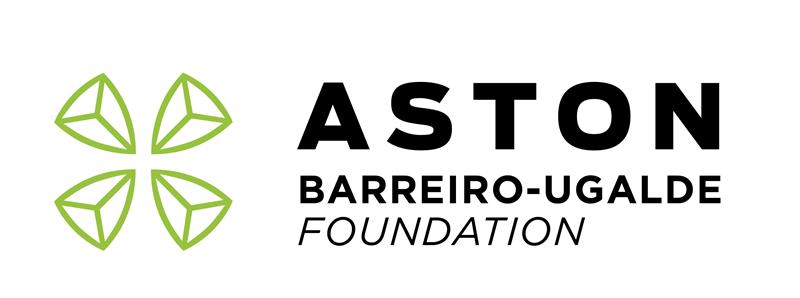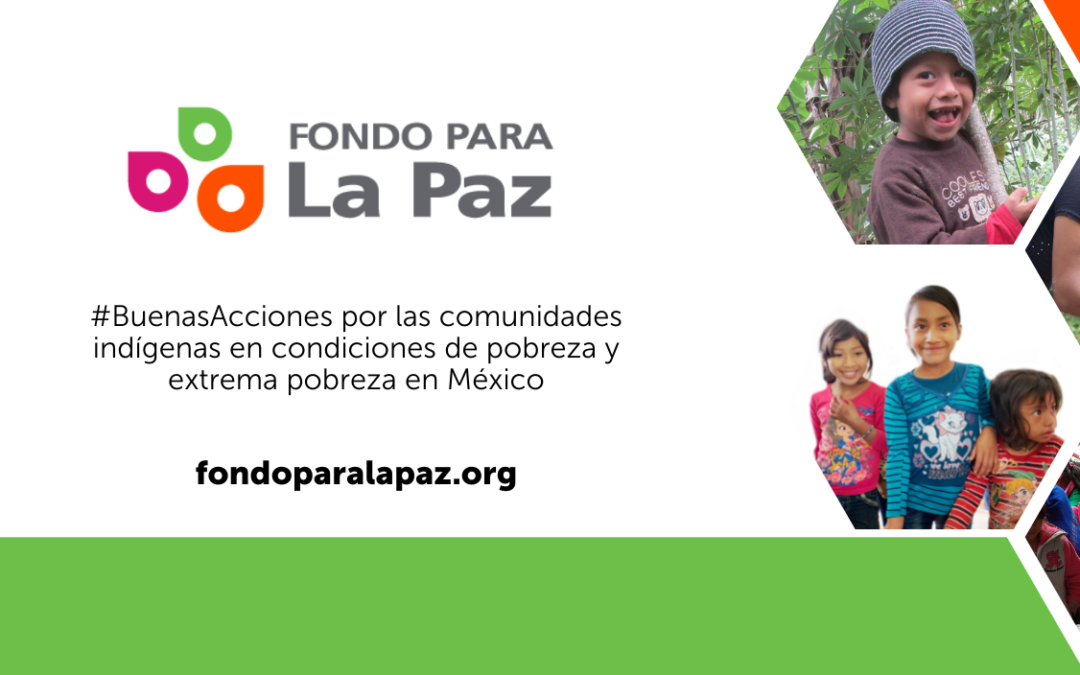Translating to English as “Fund for Peace,” Fondo para la Paz (FPP) is a nonprofit development agency that was established in 1994. Over the course of almost three decades, the organization has implemented inclusive, sustainable projects to promote the wellbeing of predominantly indigenous rural communities living in poverty.
Operating across five Mexican states—Oaxaca, Veracruz, Campeche, Chiapas, and San Luis Potosí—FPP was created with the mission of safeguarding the natural and cultural wealth of rural communities and improving their quality of life. The organization accomplishes this mission by promoting the exchange of knowledge and transfer of technology, satisfying basic infrastructure needs, and empowering local leaders and communities.
Working collaboratively with the communities it serves, FPP seeks to drive change in line with the principles of Sustainable Community Development. The organization’s goal is to help communities consolidate as cohesive, self-managing entities and increase their capacity to pursue sustainable development and participate in regional economic networks.
A look at the organization’s 2021 annual report provides a snapshot of the important work FPP has accomplished. That year, the organization’s various projects across rural Mexico impacted more than 40,000 people in 100 communities. Water, sanitation, clean energy, education, and COVID-19 were major priorities.
Access to water and sanitation
Although access to clean water and sanitation are a fundamental human right, many of the rural and indigenous communities that FPP serves lack access to these basic necessities. Without clean water, toilets, and sanitary sewage disposal, communities are vulnerable to disease, and sustainable development—or any development at all—is impossible.
Because clean water and sanitation are so vital, the nonprofit focused a large portion of its work in 2021 on these services. For example, in the Chinantla region in Oaxaca, FPP provided 40 dry-flush toilets for individual households; these toilets are essential for sanitation in homes that cannot connect to running water or sewage systems. In schools in the same region, FPP built two flush toilets for preschool and primary students, four sink stations, nine water purification systems, and three 5,000-liter rainwater storage systems.
In Veracruz, 57 water storage systems and 58 dry toilets were built in various locations in and around the municipalities of Zongolica and Tequila. Three water storage systems had a capacity of 11,000 liters. In schools in Zongolica, FPP built four cisterns to collect and store rainwater, rehabilitated two other cisterns in a high school, and installed a sink so students and teachers can wash their hands.
Meanwhile, in Oaxaca, FPP fixed broken toilets in three schools and installed several more in a primary school, two preschools, and a secondary school. To provide better access to clean water, two 10,000-liter rainwater collection and storage systems were also constructed.
In the Huasteca region, the organization carried out significant water and sanitation improvement projects that resulted in the completion of eight wells, five cisterns of 11,000 liters serving 21 families and two cisterns of 50,000 liters serving 315 families. Upgrades were also made to the water system in the community of El Mante.
In the Calakmul region of Campeche, FPP assisted the community in creating and determining strategies to finance a municipal water plan. The organization worked to ensure the participation of community water committees in these plans.
Another successful water-related project was completed in the village of Dos Lagunas Norte, Calakmul, in conjunction with the grassroots organization Selva Verde. Selva Verde was founded by a group of farmers in the area who grow organic vegetables. Working together, FPP and Selva Verde repaired and upgraded a 350,000-liter rainwater cistern that provides water for the vegetable farms and 80 local families. The two organizations also fixed the roof of a greenhouse that had been damaged by tropical storms Amanda and Cristobal in 2020.
Clean power
Recognizing the global problem of greenhouse gas emissions and climate change, FPP promotes development projects that utilize clean energy, mitigate negative impacts on local ecosystems, and reduce the use of biomass as a fuel source. For example, in Zongolica in Veracruz, FPP worked in collaboration with a local group to install 217 solar cells in households, providing families with clean, reliable power.
Education
In addition to upgrading the water and sanitation systems at several schools, FPP also constructed and outfitted several classrooms in 2021. In coastal Oaxaca, the organization completed construction on two classrooms: one for preschool learning and another in a telesecundaria, a distance education program for rural secondary school students. A telesecundaria facility was also renovated in the Huasteca region
COVID-19 response
COVID-19 triggered an unprecedented health, social, and economic crisis on a global scale. However, while the pandemic affected all communities, individuals, and families, it did not do so equally. In reality, the COVID-19 crisis exposed and worsened existing injustices and inequalities in almost every country. In Mexico, the most vulnerable groups, including children, indigenous peoples, the elderly, and people with disabilities, were disproportionately impacted by COVID-19.
In response, FPP mobilized to create a COVID-19 awareness and education campaign that featured posters and informative videos shared through WhatsApp, Facebook, and other social media. This content educated people about basic COVID-19 safety precautions, like handwashing, mask-wearing, and other measures. FPP also provided schools with 8,734 reusable face masks made by local seamstresses and artisans from the seven regions where the organization works.
Conclusion
In almost 30 years of operation, Fondo para la Paz has had a life-changing and potentially life-saving impact on impoverished communities in Mexico. Its 2021 report provides clear evidence of this fact.

